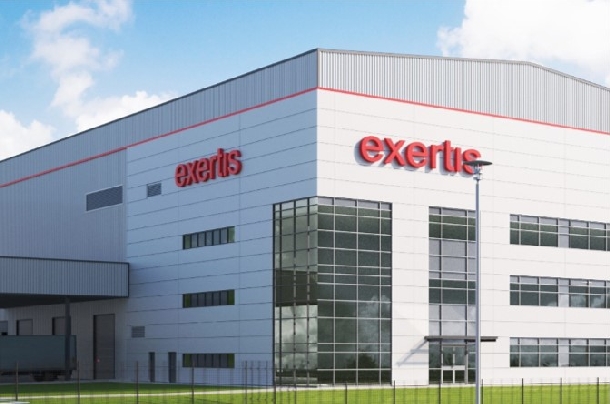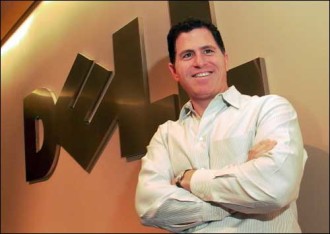 UK business will waste £37 billion on failed Agile IT projects in the next year, according to a new report from independent IT consultancy 6point6.
UK business will waste £37 billion on failed Agile IT projects in the next year, according to a new report from independent IT consultancy 6point6.
6point6 commissioned a survey of 300 CIOs in the UK and the US to examine their experiences of Agile and measure how successfully the principles of Agile are being applied and executed.
The results were shown at the CIO Insight Summit in Frankfurt today in a major new report with the catchy title “An Agile Agenda: How CIOs Can Navigate the Post-Agile Era.”
Chris Porter, CTO and co-founder of 6point6 and one of the authors of the report said: “Agile IT in the UK is facing a hidden crisis – 12 percent of Agile projects are failing completely.
CIOs tell us they expect to undertake six agile projects next year, one in eight of which will fail completely. Given there are about 6,000 CIOs in the UK and that the average Agile IT projects costs £8 million, that is a huge amount of waste. The truth is that, despite the hype, Agile development doesn’t always work in practice.”
The research also uncovered that over half of CIOs regard Agile development as “discredited” while three-quarters are no longer prepared to defend it. Three quarters of CIOs think Agile IT has now become an industry while half say they now think of Agile as “an IT fad”.
Chris Porter said: “This is a conservative estimate. We have only looked at Agile IT projects that fail completely. This does not include the waste involved in Agile projects that fail only partially. UK and US CIOs now estimate that a third of Agile projects fail. The failure to apply Agile effectively is a huge problem for the UK.”
It said that 32 per cent of Agile projects that fail, do so because teams are geographically scattered. As Agile is increasingly being used at scale, organisations have been forced to look across local, regional, and international boundaries to find the talent they need in the quantity they require. Agile favours co-location of teams and business people but this is increasingly a luxury so organisations must develop ways to successfully overcome this limitation, which will involve more process, communication, governance, and management.
6point6’s research showed 95 per cent of CIOs have worked in a scaled Agile environment involving multiple teams working on multiple projects concurrently. But Agile does not offer a means to scale up or out. Instead, organisations must either set up their own scaled Agile method or embrace an existing one.
The report revealed 44 per cent of Agile IT projects that fail, do so because of a failure to produce enough documentation. Agile teams cannot service a piece of software indefinitely. At some point, it will have to be handed over to others to run it and they will need a set of instructions that simply cannot be written at the end of a project. Be ready with up-to-date architecture, designs other mechanisms such as wikis, automated tests, dynamically generated documentation, and Clean Code.
6point6’s research demonstrated that the average life expectancy of a CIO is just 14 months which is not long enough to affect the cultural change and ensure the ongoing boardroom support required to nurture success in an Agile environment.
CEOs must empower and support their technology leaders if they want to succeed in the digital economy, the report said.
The survey found that 34 per cent of failed Agile projects failed because of a lack of upfront and ongoing planning. Planning is a casualty of today’s interpretation of the Agile Manifesto, which can cause Agile teams to lose their way and their customers to lose visibility of what they are getting for their money, now and in the future.
Agile teams require more Architects. From defining strategy, to championing technical requirements to ensuring development teams stick to the rules of the game, the role of the Architect is missed in the Agile space. It must be reintroduced.
 While the number of PCs sold continues to fall the value of those sold has increased, according to figures from Context.
While the number of PCs sold continues to fall the value of those sold has increased, according to figures from Context.


















